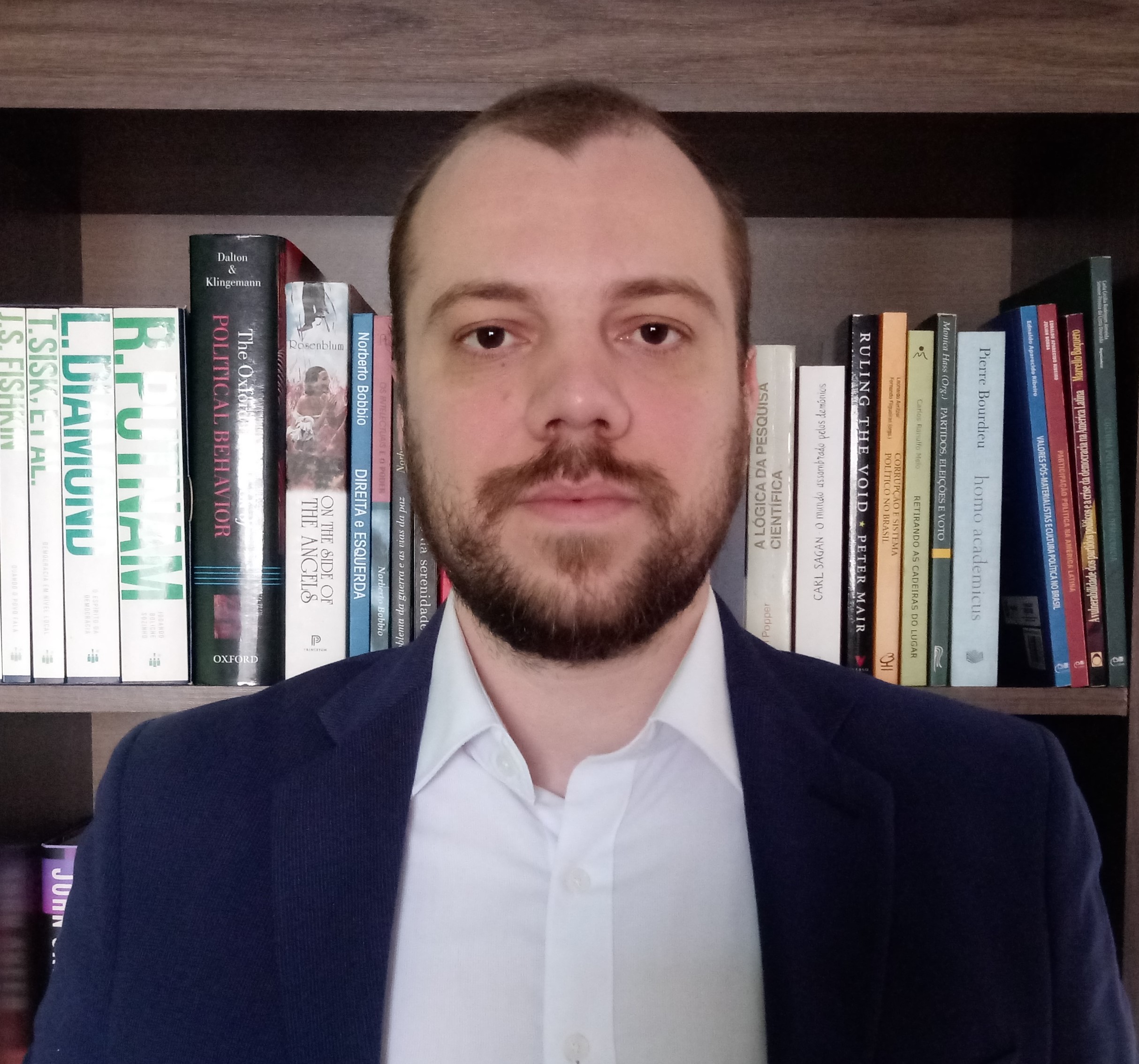MENU
In recent years, the field of comparative studies has been the scene of an intense theoretical and methodological debate about the foundations of causal inference based on qualitative methods. One of the main points of discussion is the validity of these tools compared to inferential statistical models. As a result of this debate, Charles Ragin and other researchers developed a range of analytical alternatives, called Configurational Comparative Methods, with Qualitative Comparative Analysis (QCA) being the most popular contribution. This approach offers a systematic and controlled way to analyze causal configurations, presenting itself as a promising alternative for investigating the complex relationships between sets in the field of Human Sciences.
Relevant issues are addressed, such as case selection, the analysis of necessary and sufficient conditions, and the use of set theory to test comparative hypotheses and develop theories based on causal typologies. The aim is, therefore, to overcome the challenges of comparisons with a restricted number of cases and the limitations of conventional comparative procedures.

Tuesday: 6pm to 10pm
Wednesday: 6pm to 10pm
Thursday: 6pm to 10pm

June 25th
June 26th
June 27th
TEACHER

Master and Doctor in Political Science from the Federal University of Minas Gerais and researcher at the Center for Legislative Studies.
He has experience in research methodologies, comparative politics and epistemology.
Other Courses
Ethnography for Researchers and Managers: investigating organizations and cultures
Teacher: Telma Hoyler
– PhD in Political Science at the University of São Paulo (USP) with exchange at Sciences-Po (Paris, August/2019 – June/2020).;
– Currently developing research on political representation and territorial connection of federal deputies within the scope of the “People and Parliament” research funded by the European Research Council (ERC);
– Choose the method based on the question, but make it known that you have a passion for listening to people, therefore prioritizing ethnography.
Learn MoreSystematic Literature Review: fundamentals and essential practices
Teacher: Matheus Ribeiro
– PhD in Sociology from the Postgraduate Program in Sociology at the University of Brasília, with a sandwich doctorate at the Lateinamerika-Institut (LAI) at Freie Universität Berlin.
– Has experience in the areas of Sociology of Science, Research Methods, Social Studies of Science and Sociology of Intellectuals.
– Coordinates the Sociology Memory Project at the University of Brasília
– Acts as Advocacy Advisor for the Van Leer Foundation in Brazil.
Learn MoreHow to publish your Dissertation/Thesis? From preparation to acceptance
Teacher: Diogo Pereira
– Public servant, instructor, researcher and consultant with 10 years of professional experience in public administration, communication, stakeholder engagement and innovation.
– He has a doctorate and master’s degree in Administration, with an emphasis on Public Administration, from the COPPEAD-UFRJ Institute;
– Winner of the IX SOF Prize for Monographs from the Ministry of Planning and the School of Finance Administration with his master's thesis on social participation in the public budget.
Learn MoreComparison as the Basis of Research: Fundamentals of the Method
Teacher: Miquelly Silva
– Lawyer and Professor of Scientific Methodology and Tax Law.
– PhD student in Social Sciences at the University of Brasília and Master in Political Science.
– Member of the Law, Gender and Families Research Group and the Center for Studies and Research on Women/NEPeM.
Learn MoreDoubts? Read our FAQ
Yes. All courses offered within the methods school are 100% free.
The courses are offered online.
Yes, just obtain 100% synchronous attendance and request your certificate from our team.
The IDP makes the content of already completed courses available only to the institution's stricto sensu students, upon request to the respective coordination. In this case, no type of certification is offered.
Yes